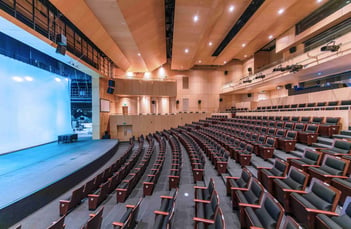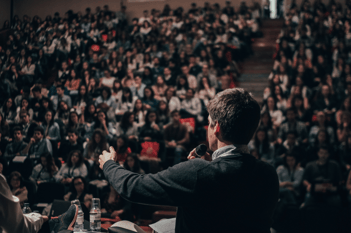
The state of scholarly events in 2023
Deep dive into how societies and associations are connecting and engaging with their communities, and the state of scholarly events in 2023.
Tips for Research Conference Organisers

Deep dive into how societies and associations are connecting and engaging with their communities, and the state of scholarly events in 2023.

Event data not only helps you measure event success, it can also help you proactively manage and improve your future conferences.

Learning how to write an abstract for a conference is a critical skill for early-career researchers. Follow this simple formula for success

So much happens in the peer review process. Here's how to get through your conference peer review process in one piece.

Your comprehensive guide to academic conferences. Learn how to plan, attend, present, & maximise your experience in scholarly events.

Discover creative and engaging conference breakout session ideas. Elevate attendee participation and learning with these proven examples for your event.

Conference sponsorship packages are one of the most important things for any event. Get the best tips and hints you need.

Leave paint-by-numbers conference formats in the past. Take inspiration from these innovative events ideas to delight your delegates.

Unlock effective networking with 10 essential rules for conference badge design. Create legible, functional, and memorable badges for your event.
Go to our pricing page and get a quote delivered to your inbox.
Get a Price